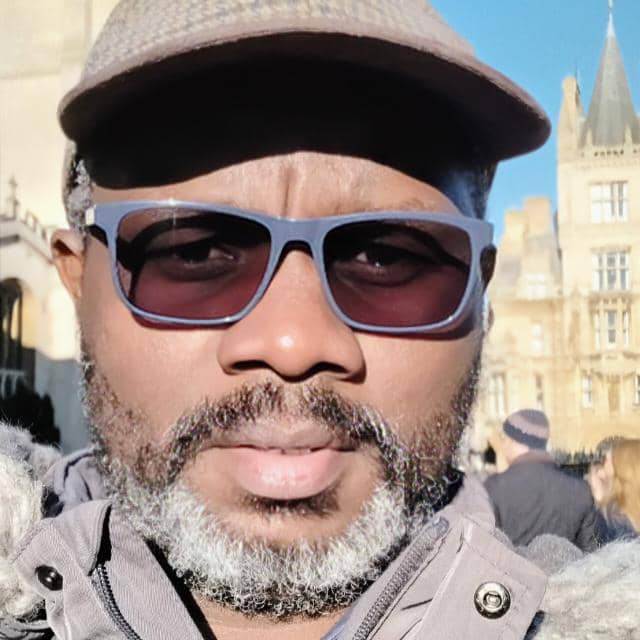
Prof BIGINAGWA, Thomas J.
Associate professor
Office: 212 - Heritage Building (First Floor)
Professor Thomas John Biginagwa (Ph.D. 2012; University of York, United Kingdom) is an archaeologist specializing in zooarchaeology (studying archaeological bones) and material culture. His area of interest is historical ecology, a multidisciplinary field that employs archaeological, palaeoecological, and historical methods to learn the interactions through time between societies and environments and the consequences of these interactions for understanding how contemporary landscapes, habitats, and cultures came into being. Biginagwa is currently undertaking his research in Western Serengeti’s wildlife protected areas, exploring human habitation history, adoption of pastoralism, and the emergence of exchange networks over the last 3000 years. He also undertakes archaeological research on coast-interior connections, particularly exploring the nineteenth-century ivory and slave trade. Biginagwa looks into how the ivory and slave trade affected local farming systems and how people in East Africa consumed goods circulated around the world after East Africa became part of the Indian Ocean and Atlantic world systems. Professor Biginagwa collaborates with many local and international scholars from various universities, especially in Europe and North America. He spent a year (2024) at Gonville and Caius College in Cambridge as a Visiting Global South Research Fellow (https://www.cai.cam.ac.uk/news/exploring-lessons-archaeology-and-climate-change-tanzania) for his Western Serengeti Archaeological Project (WeSAP). He plans to return to Cambridge in 2025 to undertake advanced analysis of various archaeological materials (glass beads, obsidian, ceramic, and animal bones) at the McDonald Institute for Archaeological Research (MIAR). Biginagwa teaches zooarchaeology, archaeology of Tanzania, research methodology in archaeology and heritage, people and cultures in Africa, and heritage policies. He also instructs archaeology field school. Biginagwa is open to collaborating with researchers and supervising students. Recent publications (http://orcid.org/0000-0001-5558-3838)